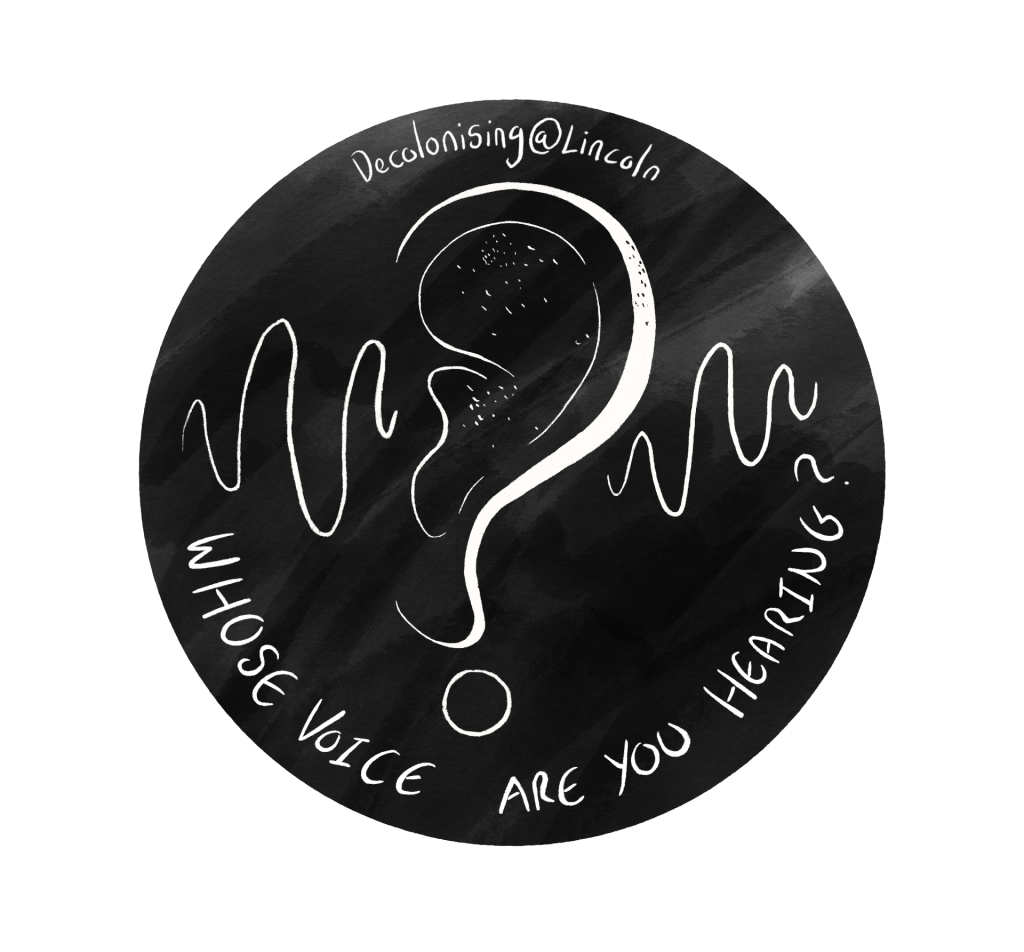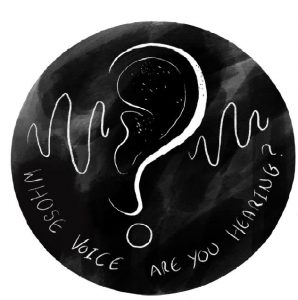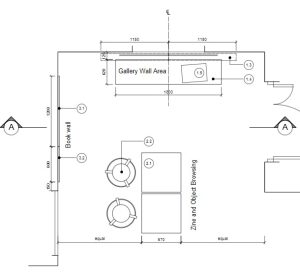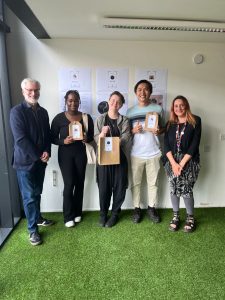
As part of the University of Lincoln commitment to engage and involve students in work to decolonise the university, students are invited to apply for bursaries to conduct projects supervised by members of University staff for up to 1 month during the period 12 June – 14 July. Up to 15 bursaries are available: to support student maintenance (£200 per month / pro rata for shorter periods) and project expenses
The Decolonising@Lincoln (D@L) project draws attention to how the colonial past negatively influences our present, operating unjustly to exclude certain peoples, knowledges and ways of working. It seeks to recover silenced voices and excluded forms of knowledge and practice, and to reintroduce them into our teaching, learning, research, and administrative practices. Bursaries can be used to support any activities that align with this agenda, and which will produce outputs that can raise awareness, and inspire decolonised ways of thinking and working within and potentially beyond the university.
Students may wish to focus on identifying and/or critically challenging coloniality in their subject areas or experiences of teaching and learning practices; or to identify ways of diversifying, decolonising or internationalising the university curriculum, for example by including the voices and works of formerly colonised people, and/or ideas and practices that are not from the Euro-Western tradition. Exploratory research projects in preparation of dissertation research projects are welcome, as are experimental research approaches and conceptual studies and thought pieces. Projects may be conducted by individual students or in collaboration with others.
We are particularly keen to encourage projects that:
- Support the Reimagining Lincolnshire project by uncovering hidden and neglected stories from Lincolnshire, about individuals whose contributions to the county, country and internationally have largely been forgotten
- Challenge the Euro-American domination of knowledge production by revealing hidden/ marginalised knowledge that is missing from subject disciplines and practices
- Involve students working in groups to gather data from staff and students about their knowledge and understanding of coloniality and decoloniality.
- Develop understandings of whatstudents are asking and looking for in a decolonised curriculum
- Reveal where coloniality is present in University spaces and offer ways of challenging this
- Helping to Decolonise the Library by identifying gaps and imbalances in existing holdings, and/or developing a decolonising library guide for your subject area (see here for an example)
- Consider how to decolonise university systems and processes e.g. training and recruitment
Suitable outputs include written reports, creative outputs, online resources, public exhibitions, blogs, zines, library reading list / event / installation, social media content/TikTok videos.
Each project must adhere to university ethical procedures, and should be supervised by a member of staff, who will advise on ethics and provide up to 3 hours of support over the duration of the project.
Students who are looking for supervisors or a student collaborator from another discipline or school should, in the first instance, contact the member of staff who acts as Decolonising champion for their school.
Contacts for Reimagining Lincolnshire are Victoria Araj VAraj@lincoln.ac.uk and Heather Hughes HHughes@lincoln.ac.uk
Contacts for Decolonising the Library are Oonagh MonaghanOMonaghan@lincoln.ac.uk and Hope Williard HWilliard@lincoln.ac.uk
Proposals should be submitted on the application form provided to decolonising@lincoln.ac.uk . The deadline for submission of applications is 26 May.
The applicationform is here:
student summer D@L project proposal form 2023 final.docx
You will be informed by 2 June whether your project has been selected for support. The selection process will focus on: viability of the project, clarity of the output, affinity to the theme.


